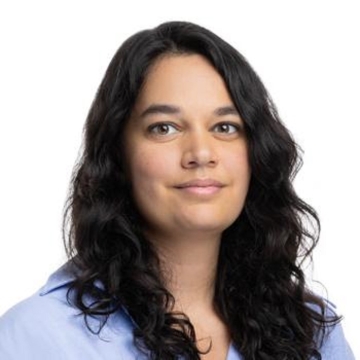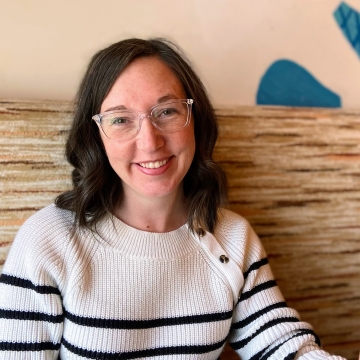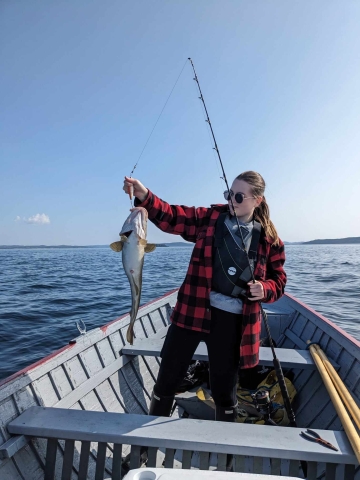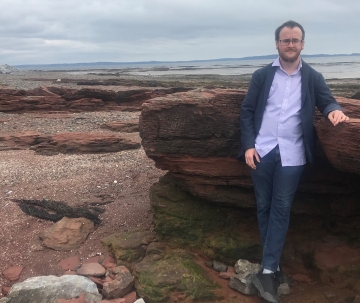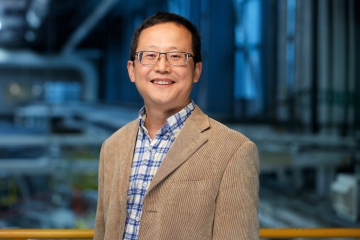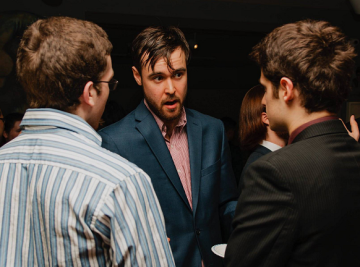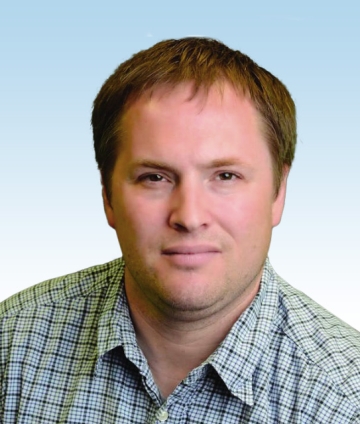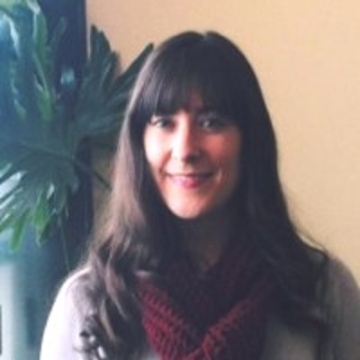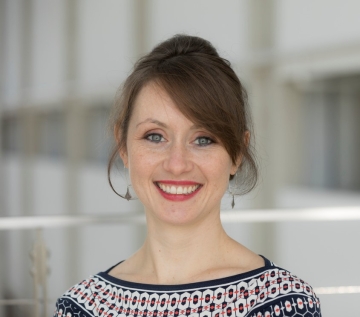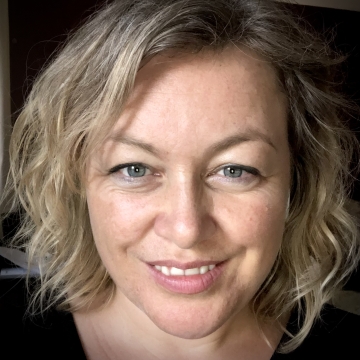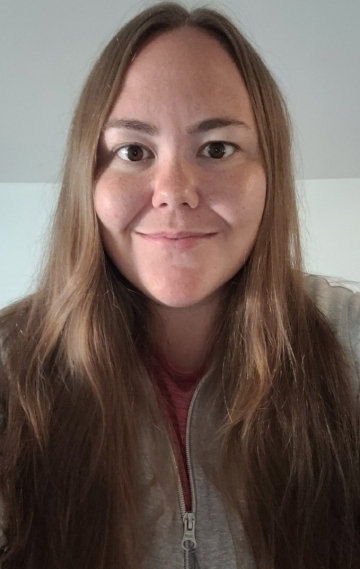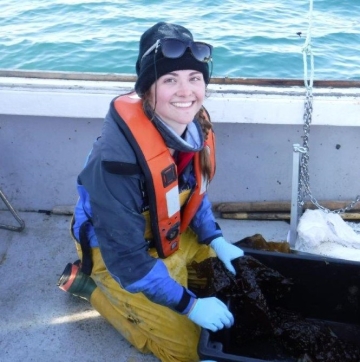Maggie MacLellan
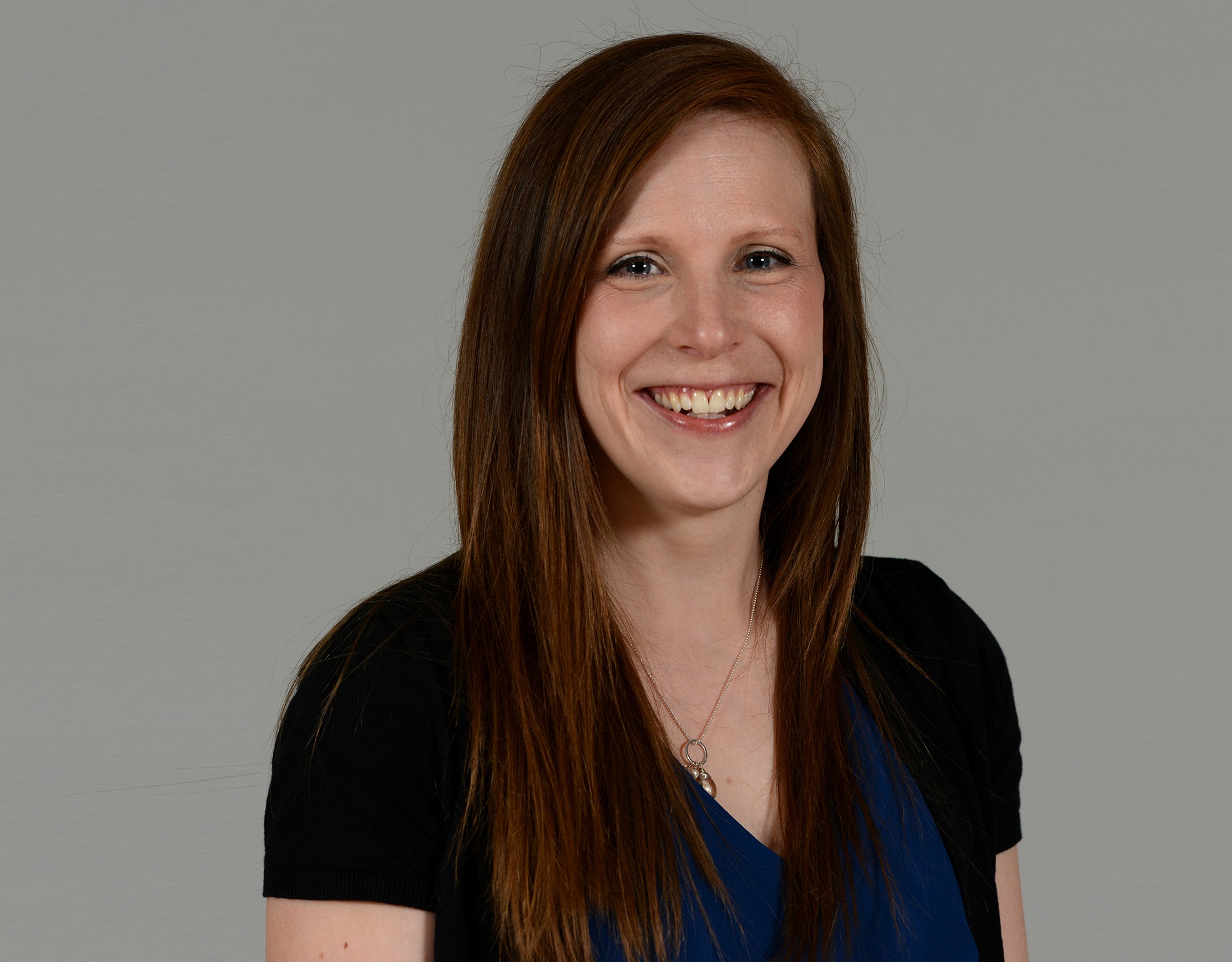

About me
I was born/grew up in: I was born in London, Ontario and grew up in St. Thomas, Ontario.
I now live in: London, Ontario
I completed my training/education at: I took an undergraduate Bachelor of Arts degree in Media, Information and Technoculture at Western University in London, Ontario. After graduating, I moved to Toronto to take a postgraduate certificate in Public Relations at Humber College where I interned at CTV.
What I do at work
What’s the most complex structure in the human body? The brain! Every day, brain (neuroscience) researchers at universities and institutes all around the world are trying to solve the brain’s mysteries. This includes understanding what makes a healthy brain and learning what goes wrong when a brain becomes diseased. Researching the brain is very complex. My role is to make this research easy to understand for those who don’t study the brain. These are people like journalists or people affected by brain diseases such as Alzheimer’s and Parkinson’s. It can also include policy makers in government and anyone else interested in this type of research.
My day-to-day activities usually involve writing articles, creating content for social media and planning events. A large part of these tasks involves science, technology and math. Being able to communicate about complex brain research requires an understanding of biology. I interview researchers about their research. I then develop that information into content for a general audience.
Not only does transferring complex brain research into engaging ideas for websites and social media posts require an understanding of biology, it also requires an understanding of technology. I use programs like Adobe Photoshop to create and edit visual content that can be used on social media. While math isn’t a large part of my job, I have been responsible for overseeing and forecasting a budget. This involves having a basic understanding of math. Overall, a job in communications includes solving problems and thinking strategically. It’s a fast-paced job where tasks and roles vary by sector and experience.
My career path is
I’ve always enjoyed writing. In high school, I thought about becoming a journalist. I decided on a career in communications after taking a postgraduate certificate in public relations. In high school, I didn’t realize how important biology and math would be for my eventual communications career. Having a basic understanding of the brain from courses I took in high school and university has been extremely helpful in my current role.
For anyone interested in a career in communications, internships are important. Internships will help you gain experience and learn what sector is best for you. I’ve worked in a variety of sectors from government to non-profit, and now education. Learning what you are passionate about and developing trade-specific skills is an exciting part of any career.
I am motivated by
Imagine going into work one day and discovering that the people you work with have discovered how to solve a brain disease that affects your family members, friends, neighbours or people in your community. Knowing that I could one day communicate an important brain discovery to the people who are affected is what motivates me at work. I enjoy learning about the exciting research that is taking place at the university. It is great to use my creativity skills to make the research engaging to a wider audience. Working with people is a big part of my job – I meet with people in all different roles. My job also changes day to day, and I like the variety in the work. One day, I might be working on a media announcement, while other days I’m creating posts for social media. Every day I’m writing some form of content, which I really enjoy!
How I affect peoples’ lives
Brain diseases like Alzheimer’s, Parkinson’s, Autism Spectrum Disorder, stroke, concussions and more affect nearly 3.6 million Canadians. Even after decades of research, the brain is still a mystery. I help researchers working to solve the brain’s mysteries show the impact of their work. One part of my role is to connect researchers and the people their work affects. I do this using targeted communications campaigns.
Outside of work I
Staying active with basketball, baseball, volleyball and dog walking is what I do for fun. I also enjoy hiking and getting outside. In my spare time, I volunteer on a local political board. I’m also learning to be a better photographer through courses and lots of practice – mostly by taking photos of my two dogs.
My advice to others
If you are interested in working in communications, I suggest volunteering or interning with an organization that needs assistance with their social media or article writing. In high school, I wrote for the yearbook and school newspaper. This gave me experience in different types of writing. It also helped me develop some basic skills in graphic design and photography. Getting exposure to a variety of communications tasks will help identify what interests you. It is important to keep your options open when it comes to high school courses. Just because you are going into an arts field doesn’t mean you won’t need a basic background in science and math – I’m living proof of that!
- Computer Science
- Drama
- Literature and English Language Arts
- Music
- Physical Education / Health
- Technology
- Brought people together
- Liked helping people
- Organized activities for my friends
- Played on a sports team
- Was motivated by success
- Wanted to be in charge
- Liked being given specific instructions
- Engaged in volunteer activities
- Liked reading
- Felt at home in the outside, natural environment
- Felt great satisfaction in getting good grades
- Learned best “by doing”
